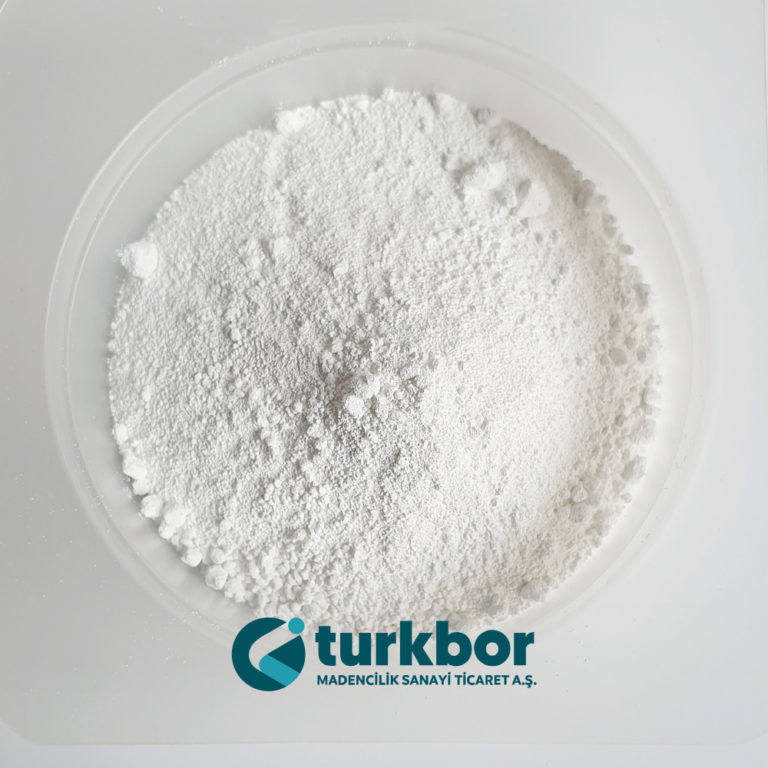
With the use of titanium, humanity can leave the iron age behind and move into the titanium age. Iron fulfilled its function for humanity, and scientific and technological progress brought complex demands that iron could no longer cope with.
Titanium Reserves
The identified titanium resources are estimated to be 1.23 billion tons, including about 1 billion tons of ilmenite. Turkey Titanium Reserves – have been determined to have the potential of 90 million tons.
Titanium Concentrated Ore Production
For the production from the deposits containing ilmenite mineral, for the year 2017; 1.3 mln. South Africa with 900 thousand tons. Australia with 800 thousand tons, China with 800 thousand tons; In rutile deposits, Australia is leading with 450 thousand tons, Sierra Leone with 160 thousand tons and Ukraine with 90 thousand tons.
The total world production of ilmenite deposits was 5.5 million tons for 2016 and 6.2 million tons for 2017. The total production of rutile deposits was 800 thousand tons in 2016 and 900 thousand tons in 2017. The global total production of the deposits containing ilmenite and rutile was 6.3 million tons in 2016 and 7.1 million tons in 2017.
Titanium Sponge Production
Production of titanium sponge (named after its resemblance to ocean sponge) appears to be limited to the USA, China, Japan, India, Russia, Ukraine and Kazakhstan countries.The US production data is closed (titanium is considered critical in terms of country security and economic necessity), 170 thousand tons of titanium sponges were produced in 2016-2017, excluding the USA. Pigment production capacity is 7.3 million tons.
Layered Technologies
Two main terms are recommended – Additive Fabrication (AF), Additive Manufacturing (AM),
Ey-eM technologies combine not only the advantages of powder metallurgy, such as a high (over 0.9) material utilization rate, but also the advantages of the foundry, such as the production of complex shaped parts and a variety of configurations with dense casting structure.
The market for layered technologies is changing rapidly. Mergers and acquisitions of machinery manufacturing companies are taking place, new service centers are emerging in the field of Ey-eM technologies, these centers are being turned into a European and now a global service network.
Some of the leading producers of a wide range of powders allocate a separate technological “line” for the production of powders especially for the needs of Layered technologies.
Powders refers to bulk materials with a characteristic particle size of up to 1.0 mm. Powders are traditionally classified by particle size (also by conditional diameter), d <0.001 μm, ultra fine – d = 0.01-0.1 μm, highly dispersed d = 0.1–10 μm, fine – d = 10–40 μm, medium – d = 40–250 μm and large – d = 250–1000 μm.
Consumables are a serious problem for domestic consumers. Due to the less developed markets of Turkey, mainly in the metal powder composition will need to be purchased from abroad-en-tier machines. For information, the wholesale price of powder materials in the foreign market is approximately as follows: pure titanium –230 € / kg, Ti6Al- € 200 / kg, CoCr alloy – € 150 / kg, Al alloys – € 70-90 / kg, Inconel 625 – € 75 / kg. For Turkish consumers, as a rule, they will cost at least two to three times more.
Titan Institute
Based on this strategic goal, many years of experience, we have developed a business plan for the deployment of modern production together with the only expert “Titan Institute” in Europe, which was founded in 1956 in Ukraine and continues to operate. ( http://timag.org/)
The Institute actively develops international cooperation. Business partners are China, India, Australia, Egypt, Brazil, Israel, Canada and other countries.
Titanium Institute is a large enterprise that can solve many difficult and complex tasks in developing technological processes and designing industrial enterprises of non-ferrous metallurgy.
To complete the cycle with the production of titanium rolled products, it is necessary to establish a “TürkTitan” company.
In Turkey, government, high value-added finished products to a modern mining, processing, melting, dusting and creating complex mechanical processing of titanium should pay attention to the presence in an appropriate manner, and this can accelerate the process of new industrialization. Turkey independently create their own closed loop for the production of titanium products.


